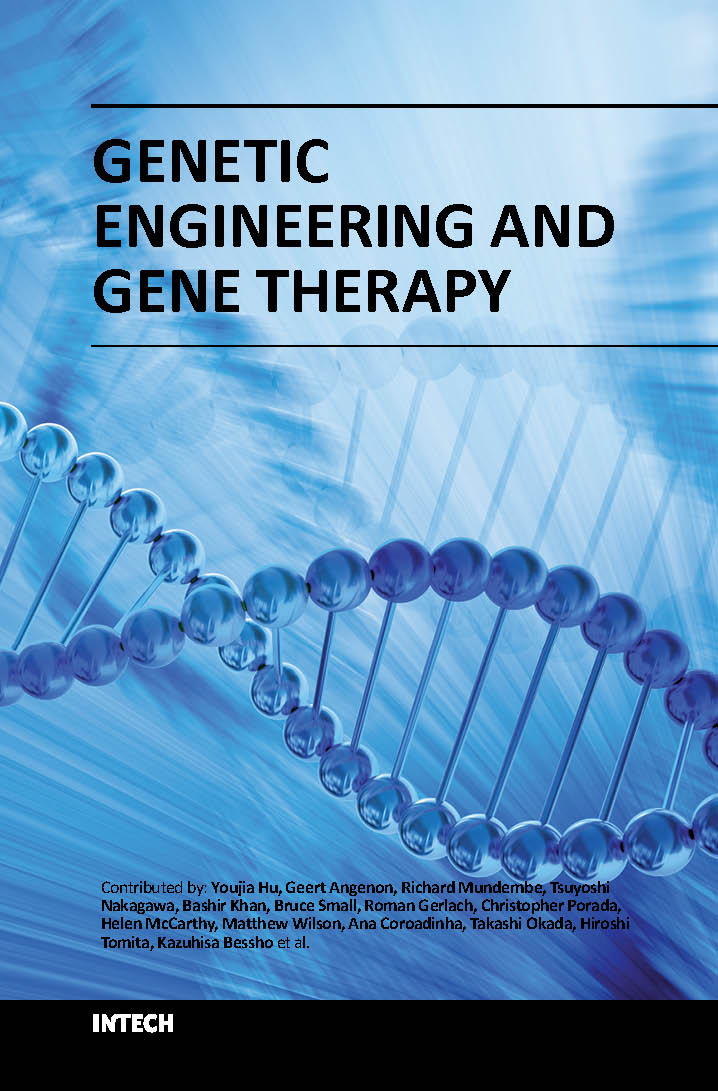Humans have intervened in plant and animal breeding for millennia, but the development of genetic engineering techniques has accelerated the process of genomic alteration - rather than gradual changes over many generations as in conventional breeding programs, it is now possible to create massive phenotypic alteration in just a single generation, by deleting genes or adding specific genes from other species. With this technology comes a number of scientific and ethical issues, some of which are discussed in this book.
The book also presents a number of chapters describing current and emerging applications of genetic engineering, including the history and mechanics of animal cloning; the development of plant species with altered lignin content for the paper industry; and the development of virus-resistant transgenic plants and methods for preventing transfer of antibiotic resistance genes from crop plants to soil-borne pathogens.
A whole section in the book will focus on gene therapy tools and applications, especially the development of new vectors and non-viral delivery systems that combine safety and reproducibility with improved transfection efficiency.
This book will interest students and researchers in a broad range of disciplines, from biotechnology to clinical medicine.
| Specifications |
Descriptions |
| ISBN |
9789535116905 |
| Year |
2016 |
| Binding |
Hardcover |
| Subject |
Genetics |
| Pages |
356 |
| Weight |
0.4 |
| Readership |
NA |



.png)